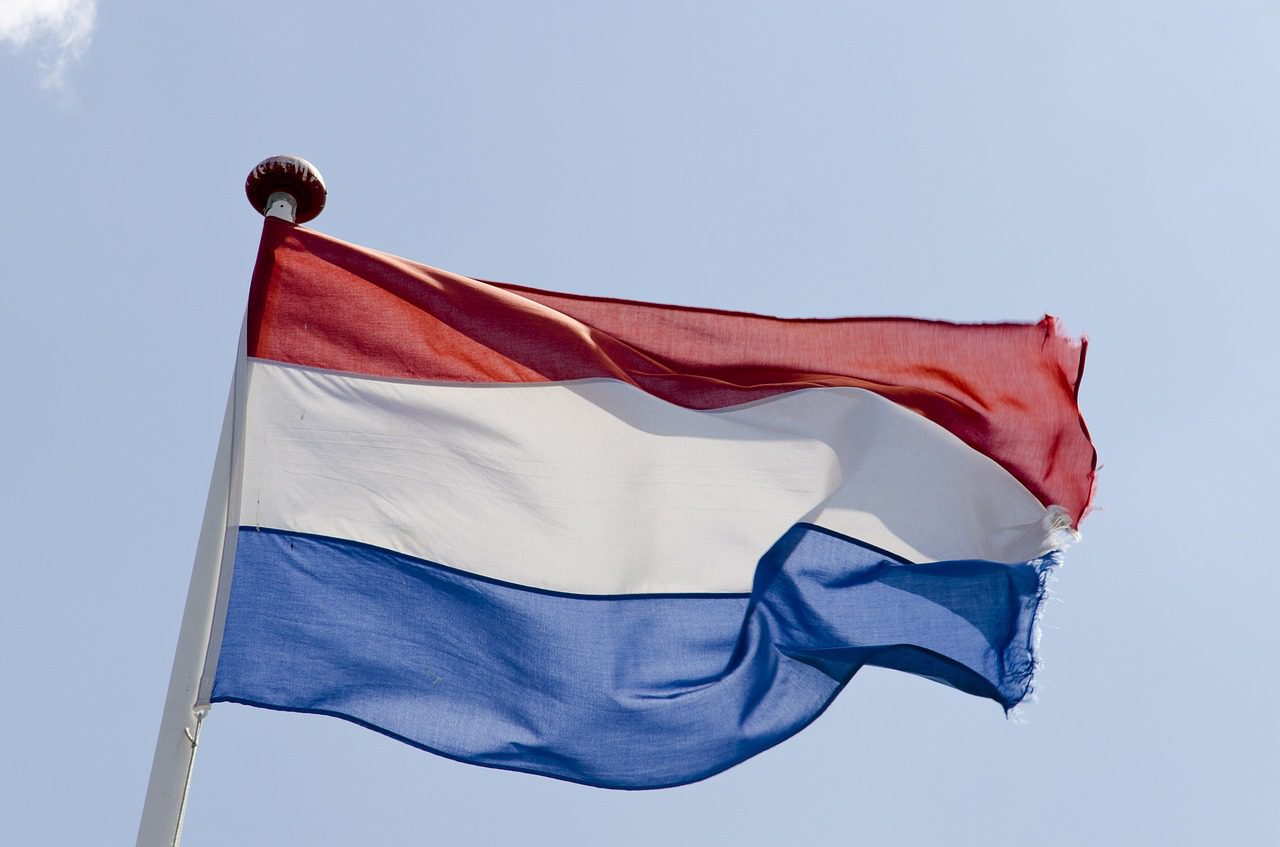KSA report reveals Dutch ad spike

KSA’s research found that more than 35 gambling adverts were shown on average between 9pm and 10pm between October and December 2021, with the total rising to more than 40 between 11pm and midnight.
Adverts for lotteries and online gambling platforms accounted for the bulk of the adverts.
The total number of gambling brand exposures on television, including brands on billboards during broadcasts of sports matches, also peaked between 11pm and midnight, with an average of more than 120 in the one-hour slot.
Under the current law, gambling advertising cannot appear on television between the hours of 6am and 9pm.
Data from Nielsen in the report also suggested that total monthly ad spend for the sector peaked at almost €30m in December 2021, though it then dipped under €20m in January 2022. In every month measured, the lottery was the highest-spending sector.
Online gaming operator spend peaked at €8.6m in December.
The report comes after minister Franc Weerwind promised to crack down further on gambling ads, after new voluntary rules for operators came into effect.
In December, the Licensed Dutch Gaming Providers (VNLOK) association agreed to a voluntary advertising code for online gambling in the Netherlands, including limits on bonuses and daytime ads online.
With the code, VNLOK – with members including Holland Casino, FPO Nederland, JOI Gaming, Nederlandse Loterij and ZEbet – extended measures already in place for television and radio advertising to online advertising.
Legal limits on advertising already existed through the Remote Gaming Act, which launched with the Netherlands’ online gaming market in October.
In the report, KSA also revealed that there were 33 licence applications lodged with the regulator in 2021. Eleven licences were granted by the close of the year, although René Jansen, the watchdog’s chairman of the board, said that several applications were still being processed and a more “complete picture” is likely by the middle of this year.
Jansen also suggested that operators need to take responsibility for adopting a responsible approach in relation to the volume and frequency of advertisements.
“The objective of the modernisation of the gambling policy… [has been to] ‘channel’ players from illegal to legal offerings,” he said.
“This cannot be done without advertising. It is up to the industry themselves to implement this in a careful and responsible manner.
“It’s a balancing act between knowing yourself on the one hand and, on the other hand, causing irritation. The role of the KSA is limited in the current regulations.”
